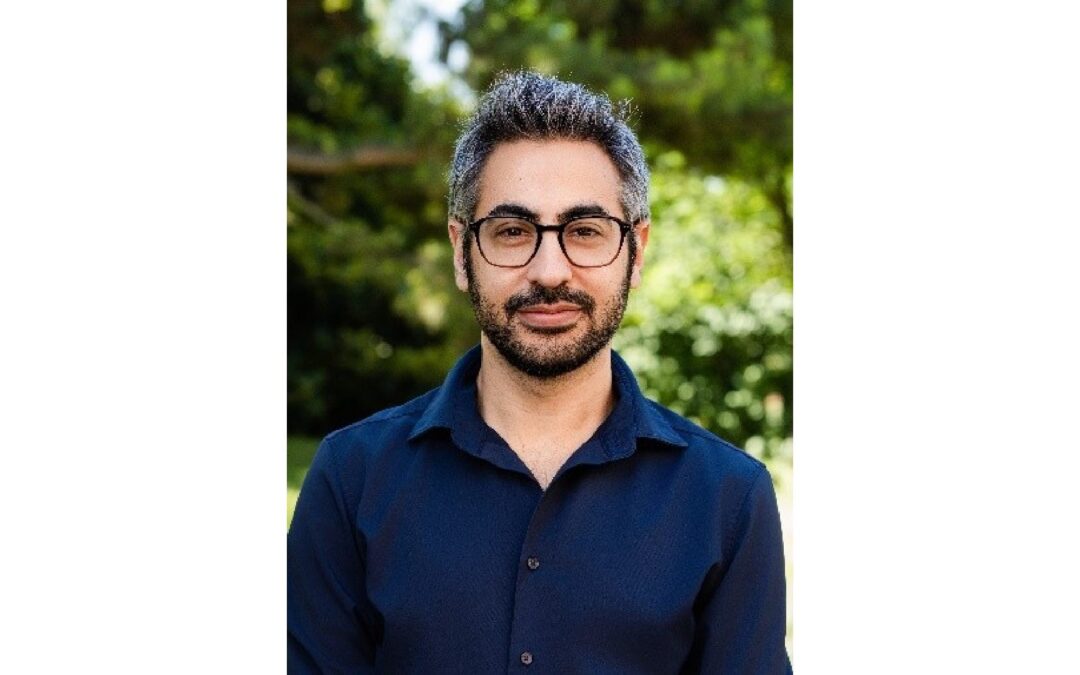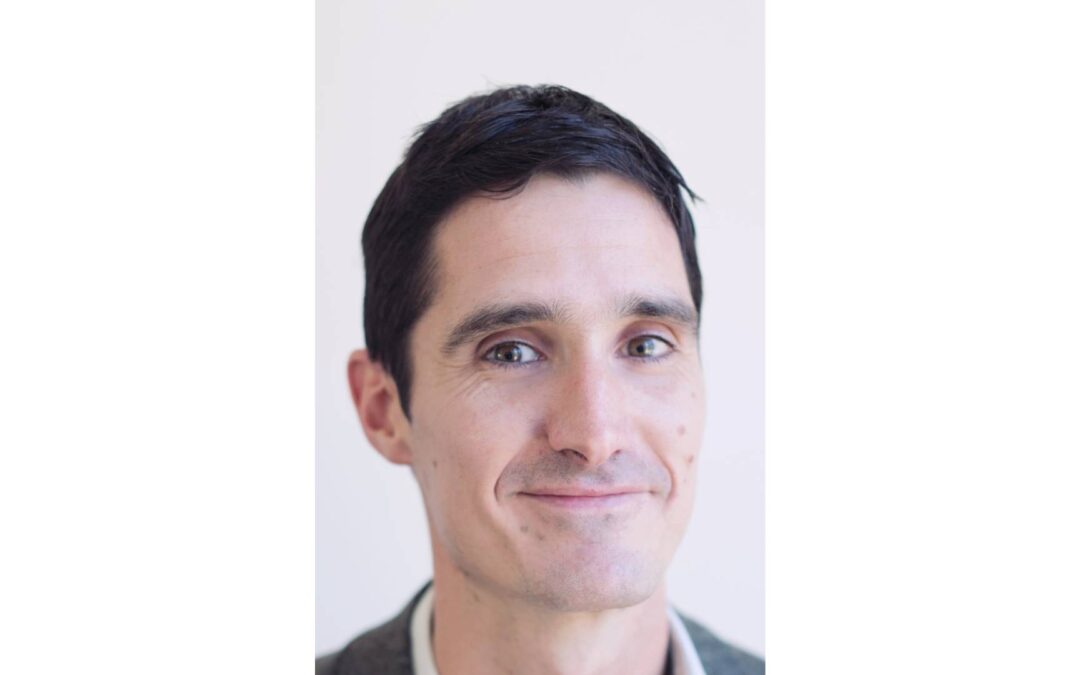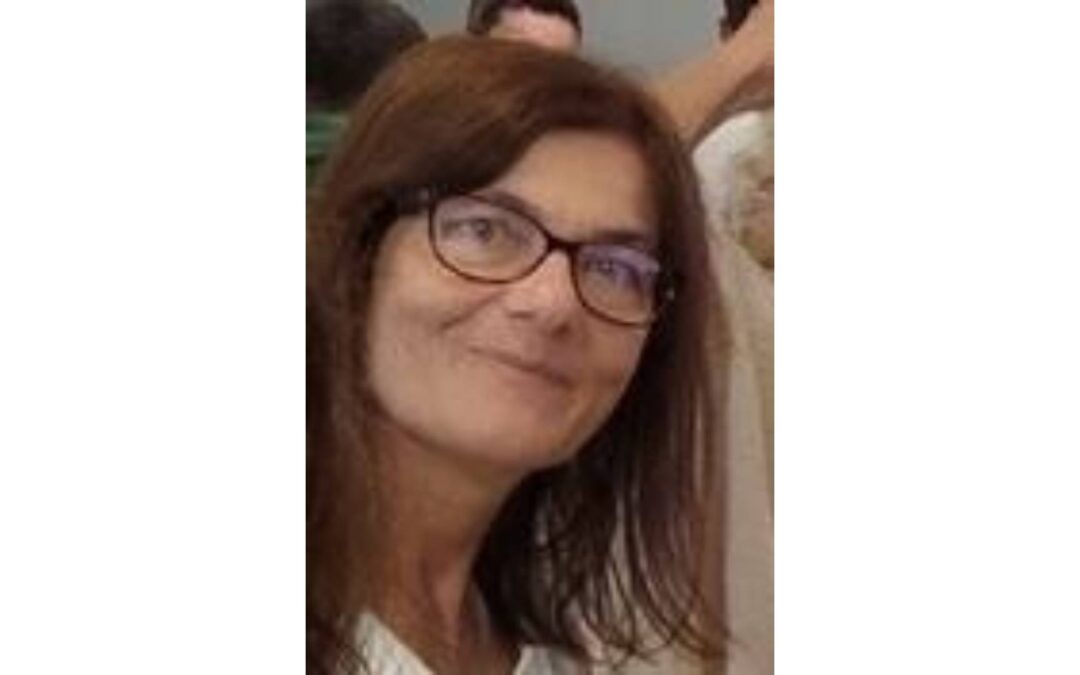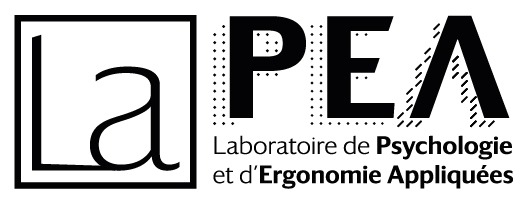Ce séminaire présente dans un premier temps les nouvelles données liées à l’étude des soft-skills puis les celles liées aux comportements d’orientation dans l’espace.
Jeudi 5 juillet 2023
Résumé 1:
Soft skills are abilities/capacities that a person uses to regulate his/her behaviours, thoughts, and feelings in specific situations. These abilities allow to regulate emotions, learn from experience, manage goal-directed behaviors, build and maintain good social relationships (Soto et al., 2021). They are important for a series of everyday activities, as work success. One of the activities where they can have a role is academic achievement, an outcome that captures the students’academic work such as course grades or GPA. Most of literature has been focused on cognitive abilities (Roth et al., 2015) and stud-related factors in term of study strategies, motivational believes and emotions (Mega et al., 2014). Given that soft skills regulate emotions, behaviours, and cognition enabling people to achieve personal goals (Robles, 2012; Park et al., 2004) they might also regulate positive and functional behaviours/ thoughts/ emotions for school/university and learning. The talk presents the theoretical framework, definitions and example of self-reported measures of soft skills (as adaptability, initiative, perseverance, curiosity, leadership, and social awareness, creativity, and emotion regulation). Through the presentation of four studies, I will present the role of soft skills in academic achievement (Feraco et al., 2022) and students’ wellbeing (Feraco et al., 2023; Casali et al. 2023a). Further the contribution of soft skills in academic achievement in learning disability (LD) students will be examined (Casali et al., 2023b). The results of path/regression models show that soft skills are related to relevant students’ outcomes in the general student population, with indication of similar relationships in students with LDs. Overall, these findings offer insights to better develop models based on empirical evidence on soft-skills and their structure, and to consider soft-skills in other domains and their malleability.
Résumé 2:
Self-evaluations about orientation and navigation in the environment contribute to individual differences in spatial cognition. They are inclinations related to everyday navigation ability that can be expressed through self-evaluations capturing the lived experience of individuals within space. These self-evaluations have a role in actual navigation performance; indeed, together with spatial abilities (such as visuo-spatial working memory and mental rotation), they are related to navigation and environment learning accuracy both in young (see, e.g., Meneghetti et al., 2021) and older adults (see, e.g., Muffato et al., 2021, 2022). The present talk after the definition of sense of direction (Hegarty et al., 2002), spatial anxiety (Lawton, 1994), attitude in exploring (De Beni et al., 2014) presents evidence of the relation between these inclinations, with other individual factors (such as personality traits, navigation habits) and the developmental trajectories throughout adult life span. Furthermore, it will be presented how specific inclinations can have a positive role in navigation and environment learning accuracy in young and older adults. Overall, the study’s findings provide valuable insights into how self-evaluations can be exploited to promote efficient movement and engagement with the environment across the adult lifespan.
Biosketch du chercheur:
Education and academic career
2006: PhD in Perception and Psychophysics; University of Padova
2006: State qualification to practice as a professional psychologist (n. 5501).
2001: Degree in Psychology (marks 110/110 with distinction). University of Padova, Italy.
Since 2012: Lecturer; General Psychology Department, University of Padova, Italy
Liens vers papiers ou site du chercheur :
https://www.researchgate.net/profile/Chiara-Meneghetti-2
À lire aussi

Anthony Lantian (Université Paris Nanterre) : Croyances aux théories du complot : rôle des motivations existentielles et épistémiques, et liens avec la stigmatisation
Jeudi 19 mars 2026 à 10h30. © Résumé : Cette présentation propose une série d’études visant à mieux comprendre les croyances aux théories du complot. Je commencerai par examiner les motivations existentielles, notamment les effets de la perte de sens et de...

Gael Brulé : Le coût environnemental du bonheur
Jeudi 29 janvier 2026 à 10h30. © Résumé : Objectif de vie pour tout un chacun, démonstration de puissance pour l’État, le bonheur fait l’objet de nombreux classements. Les indicateurs utilisés résultent toutefois de constructions fondées sur différentes idées...

Hélène Sauzéon (Université de Bordeaux) : Les motivations intrinsèques comme principes de conception des technologies numériques pour la cognition.
Jeudi 20 novembre 2025 à 10h30 en 2011. © Résumé : Les théories psychomotivationnelles, comme celle de l’autodétermination (Ryan & Deci, 2000) placent l’agentivité comme pilier du développement à tous les âges de la vie à travers notamment l’expression de...

Samy Chikhi :”Mesurer et moduler la gestion des ressources cognitives”
Jeudi 25 septembre 2025 à 10h30 en 2011. © Résumé : Le système cognitif humain est limité dans ses capacités de traitement, ce qui entrave notre capacité à intégrer et manipuler l’information et affecte la qualité des décisions prises. Le concept de charge...
